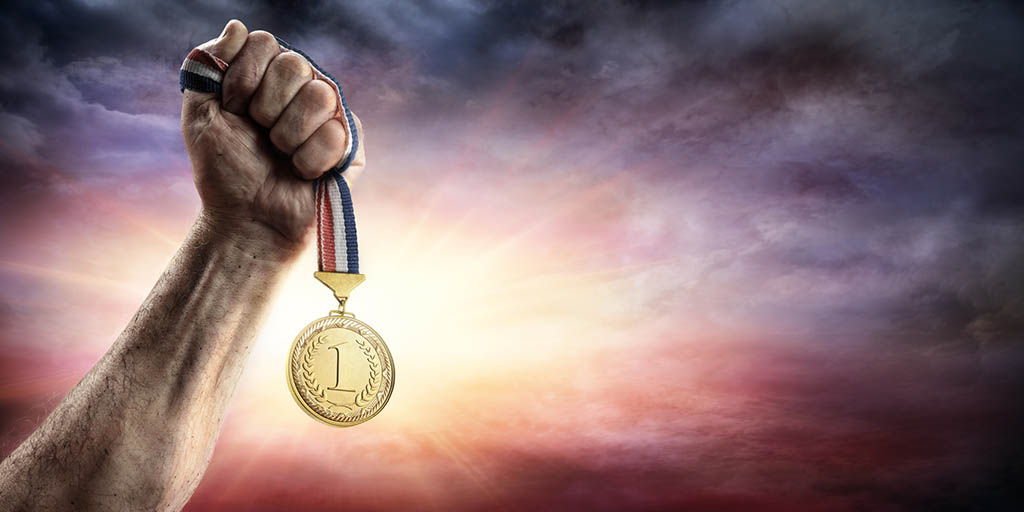Fanshawe history professor shares his thoughts on the 2018 Winter Olympic Games
 CREDIT: THINKSTOCK/ROMOLOTAVANI
CREDIT: THINKSTOCK/ROMOLOTAVANIFanshawe history professor, Oliver Charbonneau shares his thoughts on the current Winter Olympic Games. The 2018 Winter Olympic Games will run from Feb. 9 to Feb. 25
The Interrobang spoke to Fanshawe history professor ��regarding his thoughts on the social and political aspects surrounding the 2018 Pyeongchang Winter Olympic Games. �
Charbonneau stated that these games are particularly interesting for reasons unrated to the games themselves. He spoke about the fractured state of Korea since the Korean War and the attempt of the two Koreas to reconcile to a certain degree for the games, as well as the international intrigue surrounding the Kim regime.
“I expect that a lot of the press coverage that we will see coming out of [the games] will be talking about the very sort of apparent schism between the two Koreas,” Charbonneau said. ��
Charbonneau explained that another huge focus regarding the Pyeongchang Winter Games is Russia's Olympic team being banned, which resulted from the systematic doping of athletes during the 2014 Sochi Winter Olympic Games. However, Charbonneau stated that this is not a new phenomenon.
“The wide-spread use of anabolic steroids in eastern bloc countries during the cold war was a matter of contention throughout the 1970s and 1980s.”
Select athletes from Russia are still allowed to compete in the games, but these individuals are competing under the designation ‘Olympic athlete from Russia'.
When discussing Canada's impact on the Winter Games, Charbonneau brought up the complete lack of National Hockey League (NHL) players. The NHL announced back in April 2017 that NHL players would not be participating in the upcoming Winter Olympics. According to a Time's article published back in September, the one of the reasons for the NHL's decision not to participate in the 2018 Winter Olympics was based on the possible injuries that could affect the outcome of the regular NHL season.
A poll was conducted in both the Canada and the U.S. to determine whether NHL fans were in favour of the pros taking a break in February from the regular season to participate in the Olympics. The results showed that 53 per cent of Canadian voters and 73 per cent of American voters were against the NHL taking a break to go to Pyeongchang.
NHL players have participated in the past five Winter Olympic Games.
Hockey is one of the biggest events for Canadians to watch during the Winter Olympics; therefore the lack of NHL players raises a lot of questions about who should and should not be represented. “What is amateurism? What is professionalism? Who should be there and who should not be there. This is a debate at the heart of international athletic competition that I don't know will ever be resolved.”
When asked what he finds most fascinating about the Olympics, Charbonneau said, “they are a window into the moment in time that they are being held. [This window includes a glance at] the politics of that era, the cultural preferences of that era and how people are communicating or interacting with one another [�]. They only take up a couple weeks of time, but there is just so much symbolism, intrigue, narrative and drama packed into each one of them and they all look so different over time.”














